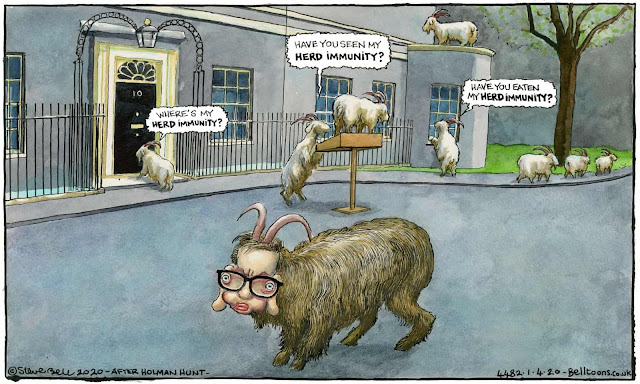I’m occupied at present preparing a review of Thomas Piketty’s ‘Capital and Ideology’, which turns out to be one of the most important books I’ve read in many decades. Piketty makes perfectly plain that none of our current problems are soluble until we get to grips with a drastic economic restructuring. Call it reform, call it revolution, call it whatever, none of the other issues that keep presenting themselves as a way forward - gender, race, identity, even climate - are tractable until the power of big money is vanquished. Piketty acknowledges that both social democracy and state socialism have now failed, and offers suggestions for economic structures that could lead further.
He also analyses aspects of our current situation that made my blood run cold:
“Let me be clear about the meaning of negative public capital such as we find today in the official national accounts of the United States, United Kingdom, and Italy. Negative capital means that even if all marketable public assets were sold—including all public buildings (such as schools, hospitals, and so on) and all public companies and financial assets (if they exist)—not enough money would be raised to repay all the debt owed to the state’s creditors (whether direct or indirect). Concretely, negative public wealth means that private individuals own, through their financial assets, not only all public assets and buildings, on which they collect interest, but also a right to draw on future tax receipts.
[...]
In strictly theoretical terms, there is no limit on how negative public wealth can go. Strictly speaking, one could reach a point where private individuals through their financial assets owned the totality of all future tax revenues or even the totality of everyone else’s income, so that everyone would de facto be working for the bondholders. This happened frequently in ancient times (when slavery was a consequence of heavy debt or military tribute; see Chap. 6)"
[Thomas Piketty 'Capital and Ideology', p614]
In the end it’s still ‘The economy, stupid’, or as Woody Guthrie put it rather more nicely, the ‘Do Re Mi’:



